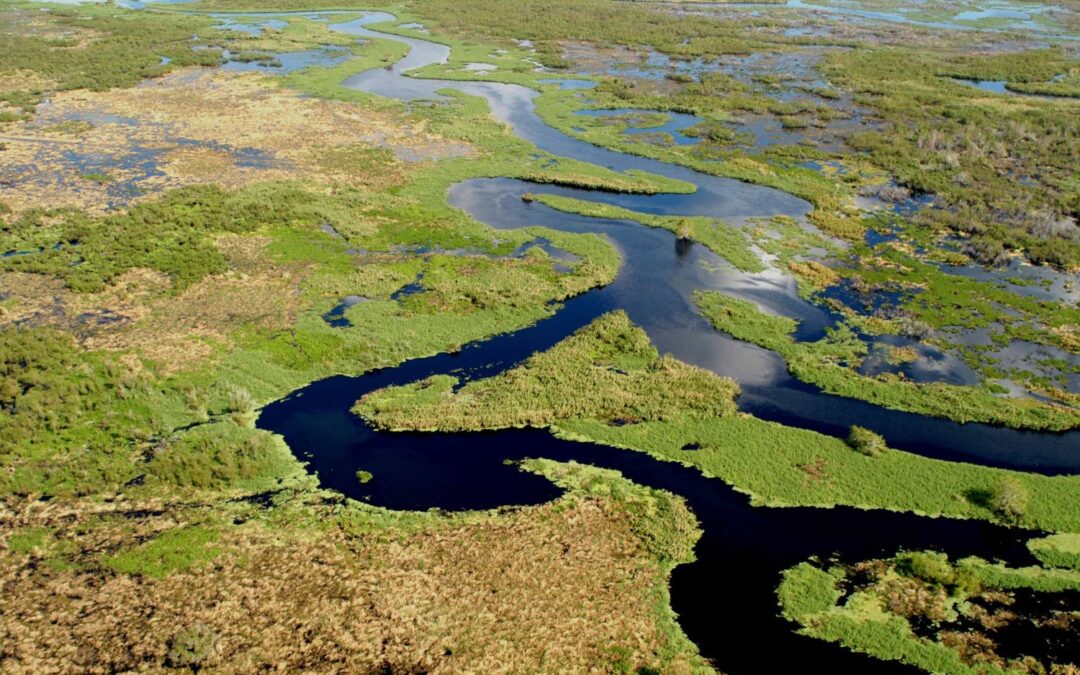On February 16, a federal judge sided with St. Johns RIVERKEEPER and our co-plaintiffs, stating that the Environmental Protection Agency (EPA) and the U.S. Fish and Wildlife Service (FWS) breached federal law by delegating the Clean Water Act wetland permitting program to the state of Florida.
In December 2020, the state was granted the authority to take over the federal program that issues permits to developers and others who want to fill sensitive wetlands. Florida developers have long referred to the local delegation of Section 404 of the Clean Water Act as the “the Holy Grail.” St. Johns RIVERKEEPER and environmental organizations throughout the state opposed the delegation due to concerns that a resulting lack of oversight, federal protections and due diligence would result in the potential losses of crucial wetlands and habitats for protected species.
The Florida Department of Environmental Protection (FDEP) fast-tracked its request for delegation and as a result, its proposal to take over Section 404 of the Clean Water Act was incomplete, full of uncertainty, and created loopholes in wetlands protections that were already failing to protect our waterways.
In January 2021, seven nonprofit organizations – Center for Biological Diversity, Defenders of Wildlife, the Sierra Club, the Conservancy of Southwest Florida, the Florida Wildlife Federation, Miami Waterkeeper, and St. Johns Riverkeeper, filed a lawsuit against the EPA, challenging the transfer of federal wetland permitting authority to Florida. Our legal team, Earthjustice, contended that the 404 delegation violates several of our bedrock environmental laws, including the Endangered Species Act and the Clean Water Act, and lets developers avoid the National Environmental Policy Act, also known as “the people’s environmental law.” The EPA essentially lowered the bar to allow a state for the first time to administer the federal wetlands program without meeting federal standards.
The judge ruled that the EPA and FWS violated the Endangered Species Act when it turned over the permitting program to Florida, thus vacating the delegation and shifting the permitting process back to the federal government.
While the remainder of the lawsuit is ongoing, this ruling is a huge first step in reestablishing a wetland permitting program that is more protective and complies with federal laws.
